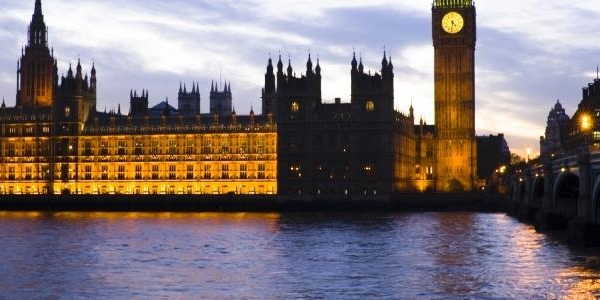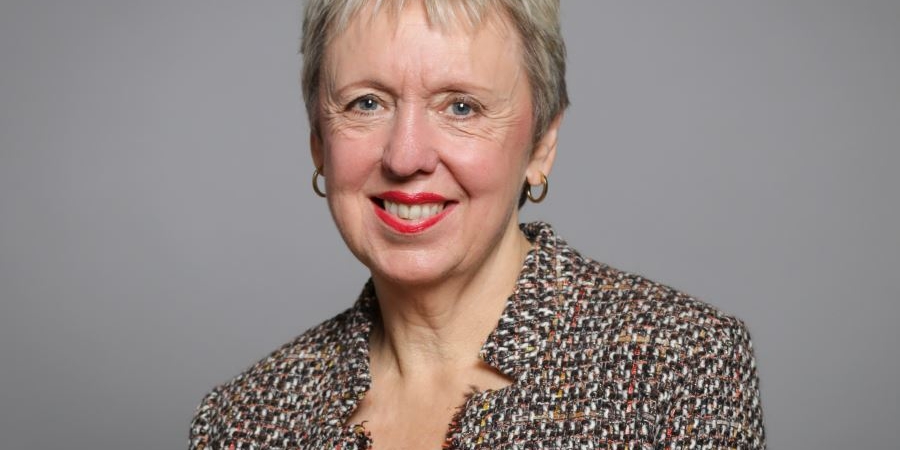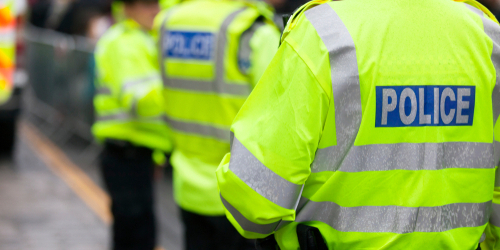Concern that freedom of conscience not upheld at the European Court of Human Rights
Religious Liberty
The decision of preliminary judgment was published today by the European Court of Human Rights in relation to the cases of four UK Christians who had lost their jobs due to either changed policies on the wearing of religious symbols or in relation to the exercise of Christian conscience.
The cases relating to religious symbols (Eweida & Chaplin) both involved the wearing of a small cross on a necklace which had previously been allowed, but for which removal was required due to a change in policy. For Mrs Eweida, the Court ruled that as the British Airways policy concerned was only about promoting their corporate image, it was not a strong enough reason to justify overruling her right to manifest her faith in public. But for Mrs Chaplin, the Court ruled that as her hospital had used health and safety as the grounds for their change of uniform policy, this could override her religious manifestation rights. This is despite evidence given to the Court that employees from other religious backgrounds had been allowed to wear religious symbols in exception to the policy.
The cases of exercise of conscience (Ladele & McFarlane) both concerned the right not to have to condone or promote actions considered to be immoral. In the case of Mrs Ladele, a long-serving civil registrar, it was the civil registration of same-sex partnerships that she asked to be excused from. For Mr McFarlane, it was the prospect of having to give psycho-sexual counselling to gay couples. In both these cases, the court panel sadly ruled against the applicants. It judged that employers could legitimately put the rights of non-discrimination on the basis of sexual orientation in a corporate equal opportunities policy above the right of Christians to manifest their religion.
Whilst CARE rejoices that Mrs Eweida’s case has been upheld in this preliminary judgment, we are very disappointed that the other three cases did not also succeed. Two of the seven judges on the panel issued dissenting opinions in relation to these cases stating that (in relation to Mrs Ladele):
“We are of the opinion that a genuine and serious case of conscientious objection is established, the State is obliged to respect the individual’s freedom of conscience…….. Freedom of conscience has in the past all too often been paid for in acts of heroism, whether at the hands of the Spanish Inquisition or a Nazi firing squad.”
However, this is not a final judgment as there remains the possibility of an appeal to the Grand Chamber.
CARE’s European representative David Fieldsend, who is in Strasbourg attending the monthly plenary session of the European Parliament, said:
“I am glad to learn that Mrs Eweida’s case has been successful, including an award of costs in her favour, but remain concerned at the failure to recognise the fundamental importance of rights of conscience in the other cases. Given that the Grand Chamber has overturned negative panel judgments in the recent past, as in the Italian crucifix case, I hope that it will be possible to challenge these decisions at the higher level.”





Share story
Concern that freedom of conscience not upheld at the European Court of Human Rights